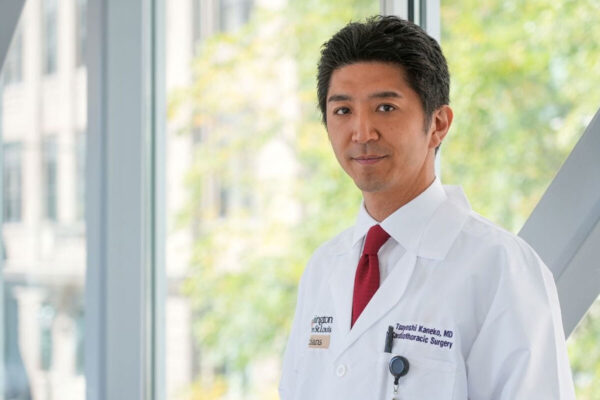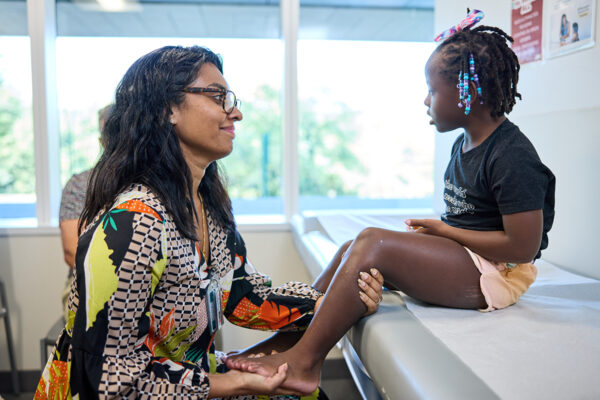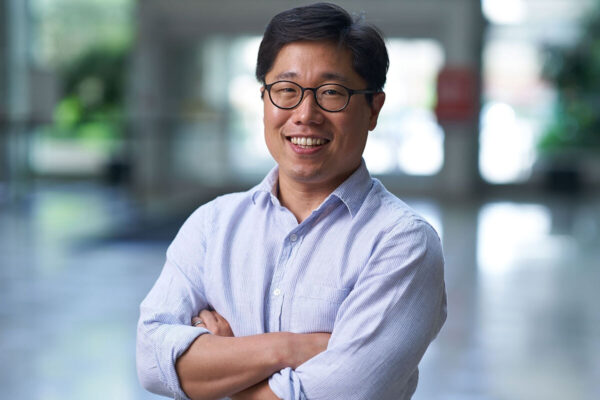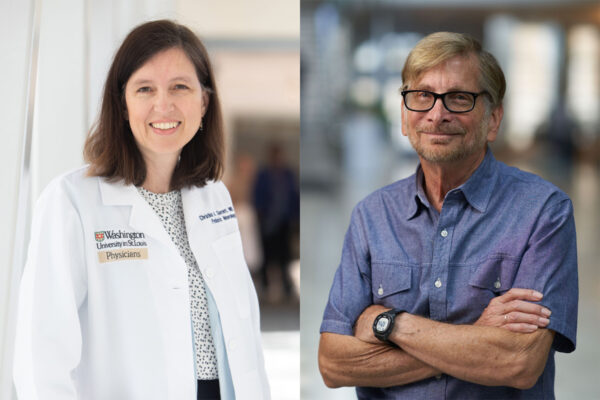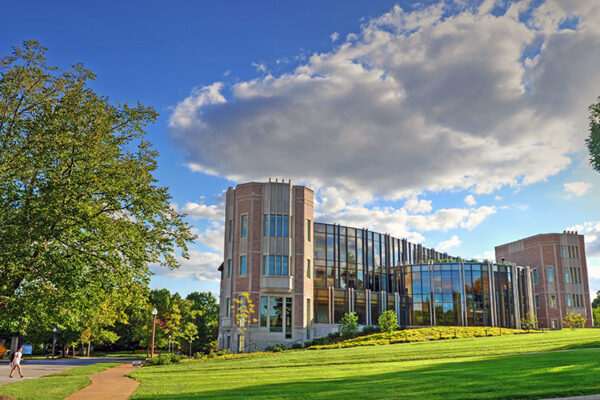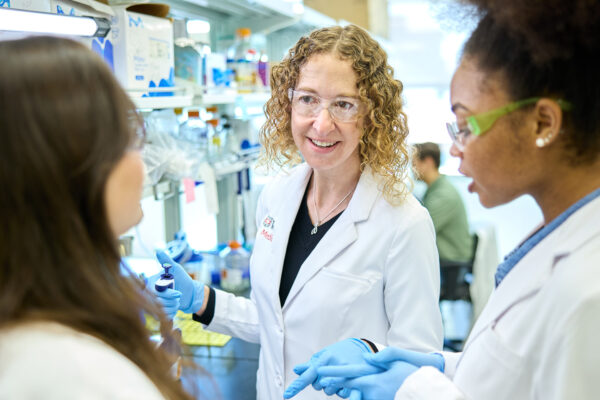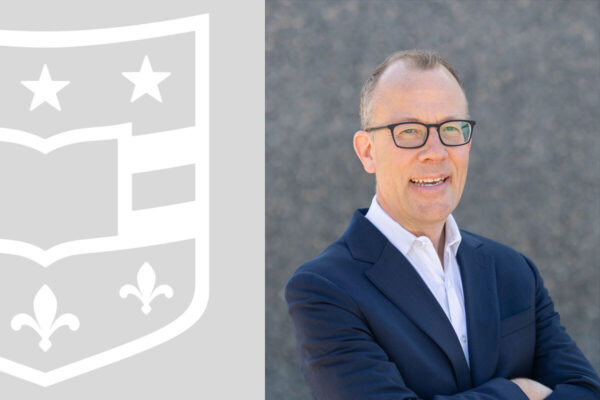Kaneko named director of cardiothoracic surgery
Tsuyoshi Kaneko, MD, a clinical innovator who has developed new devices and techniques for heart valve surgeries, has been named the new director of the Division of Cardiothoracic Surgery in the Department of Surgery at WashU Medicine.
New method more accurately assesses movement disorder in children
A new WashU Medicine study led by Bhooma Aravamuthan, MD, DPhil, identifies a standardized way to assess leg dystonia, a painful movement disorder that commonly affects children with cerebral palsy.
Yi’s research soars with Eagles Autism Foundation
A WashU Medicine neuroscientist and fan of the Philadelphia Eagles, Jason Yi, has received a $400,000 grant to study autism spectrum disorder from the football team’s foundation.
Prozac treats rare form of epilepsy in WashU Medicine case study
WashU Medicine researchers showed that a popular antidepressant drug effectively reduced seizures for two sisters with a rare form of epilepsy.
Brown School training program funding renewed, continues decades of work
A Brown School training program that helps educate and support mental health research and scholars has received a grant extension from the National Institutes of Health (NIH). When it’s complete, it will mark 35 years of continual funding.
Hope for those with treatment-resistant depression
A WashU Medicine study paves the way to make an effective treatment more accessible to those ‘paralyzed by life.’
The world’s deadliest disease
WashU scientists are collaborating to unlock secrets of a millennia-old scourge. Efforts may lead to an increased understanding of and improved treatments for tuberculosis, which is once again on the rise.
For healthier people and a healthier planet
Working in partnership with communities, WashU launches a new initiative to improve nutrition and health locally, nationally and globally.
Lenze named XPRIZE Healthspan semifinalist
Eric J. Lenze, MD, and his team at WashU Medicine’s Healthy Mind Lab are among 40 semifinalists in the XPRIZE Healthspan competition awarded $250,000 to study approaches to improve healthy aging.
Lessons from the pandemic: Distress puts limits on compassion
Psychology researchers at Washington University in St. Louis studied how pandemic stresses affected decision-making in different age groups — findings with implications for public health messaging.
Older Stories
